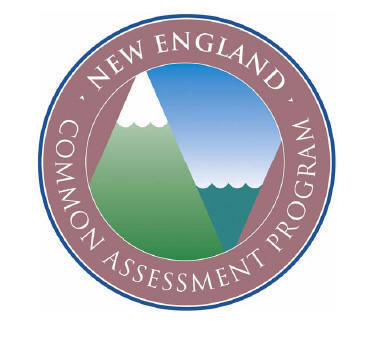
(Updated, 11:23 a.m.)
PROVIDENCE – Rhode Island eighth-graders’ science scores improved for the fourth consecutive year, while scores for fourth- and 11th-graders declined slightly, the Department of Education announced Monday.
Overall, 33.8 percent of tested students in the state attained the level of proficiency or better on the 2013 New England Common Assessment Program science assessments, which all students in grades four, eight and 11 took in May.
The statewide results represent a decline of one percentage point from last year and an increase of 10 percentage points since NECAP Science assessments began five years ago.
“Though the science results this year do not show the same dramatic improvements that we celebrated a year ago, I am pleased that the long-term trend is positive and that our middle-school students continue to improve in science achievement,” said Gov. Lincoln D. Chafee, in a release. “We need to see continued improvement in science results over the coming years if our students are to succeed in the challenging careers of the 21st century.”
Among eighth-graders, 29.8 percent of Rhode Island students achieved proficiency or better (three points more than last year and an increase of 11 points from 2008), while 40.9 percent of fourth-grade students were proficient or better (five points less than last year and five points above 2008 levels) and 30.1 percent of 11th-grade students were proficient or better (two points less than last year and 14 points greater than 2008).
The trends in each grade this year were similar in New Hampshire and Vermont, the other two states that participate in the NECAP science assessments.
“One of the first actions this year of the new Board of Education was the approval of the Next Generation Science Standards, which will guide science instruction in Rhode Island over the coming years,” said Eva-Marie Mancuso, chair of the Board of Education, in a release. “With its focus on hands-on learning and scientific inquiry, these standards will help Rhode Island students continue making progress toward proficiency in science.”
Though achievement gaps in science remain substantially wide in all three tested grades, the Education Department said, the gaps narrowed this year, particularly in fourth grade, in which gaps for black and Hispanic students, students with disabilities, English learners and low income students all narrowed by several percentage points when compared with the scores of white students, students without disabilities, native English speaking students and non-low income students, respectively.
Some gaps narrowed in 11th grade as well, but gaps remain unchanged or even widened in eighth grade.
“As we work together to improve student achievement in science, it is essential that we provide great instruction, resources and support to all Rhode Island students,” said Education Commissioner Deborah A. Gist. “We will continue our work helping districts develop strong science curricula and providing more opportunities for students in all districts to take AP classes and other challenging courses in science. I am confident that our results can continue to improve, for all students and in all grade levels.”
The NECAP science assessments consist of multiple-choice, constructed-response and inquiry task items on earth and space science, physical science and life sciences.










